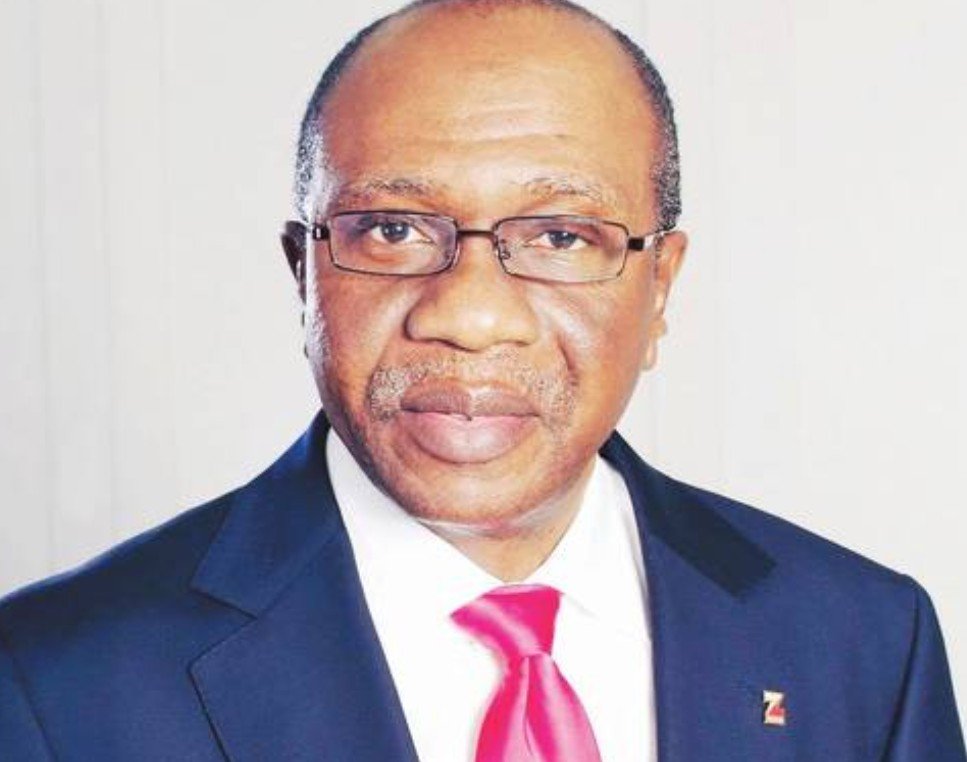The governor of Central Bank of Nigeria, CBN, Mr. Godwin Emefiele, has called for caution by member countries of the West African Monetary Zone against rushing into a common monetary union and creating a common currency in the sub-region.
He spoke at the 37th meeting of the Committee of Governors of Central Banks of the West African Monetary Zone, in Abuja, Thursday.
He saidL “Our desire for greater economic prosperity for our people through a common monetary union must not vitiate our awareness of the potential adverse and contagion factors associated with unified monetary area and common currency.
“The unfolding trade war between the United States, China and the West portends both opportunities and challenges for our region’s economy, depending on how we approach it individually as nations.
”Nonetheless, while the shocks to individual economies might vary in magnitude and intensity, it might yet be an opportunity for us to look inward and strategize on how best to fill the trade gap that would ensue.”
He rather called for the establishment of a West African Monetary Zone, WAMZ, Commission to drive common interests and aspirations of member countries.
The CBN boss said, “We must intensify our level of cooperation and collaboration through strong bonds to work as a unit within the ECOWAS monetary union programme to achieve our shared objective.”
“It has become imperative for us to bring this collective resolve to bear as we embark on a thorough review of the economic conditions of member countries vis-a-vis their levels of preparedness for the monetary union and economic integration of the sub-region.
“The discussion should identify existing or potential impediments to the realization of the deadline for the commencement of the currency union. This is imperative in order for us to jointly find viable options in accelerating progress towards achieving the integration objective.
“Deeper integration of our different economies and harmonization of our currencies, amongst others, will help in stabilizing our economies by accelerating investment and trade in the sub-region; minimize transaction costs and bring about quality employment opportunities with improved standard of living for our people,” Emefiele said.
The Director-General of the West African Monetary Institute (WAMI), Dr. Mrs Ngozi Egbuna, stated that as at December, 2017, the assessment of member states’ performance on the primary convergence criteria showed that none of the countries met all four.
There are ten convergence criteria for the formation of the common currency in the zone. Four categorized as primary and six secondary.
The four primary criteria to be achieved by each member country are: A single-digit inflation rate at the end of each year; A fiscal deficit of no more than 4% of the GDP; A central bank deficit-financing of no more than 10% of the previous year’s tax revenues; and Gross external reserves that can give import cover for a minimum of three months.
The six secondary criteria are: Prohibition of new domestic default payments and liquidation of existing ones; Tax revenue should be equal to or greater than 20 percent of the GDP; ; Wage bill to tax revenue equal to or less than 35 percent.
The rest are: Public investment to tax revenue equal to or greater than 20 percent; a stable real exchange rate; and a positive real interest rate.
The WAMI boss said, however, that the average performance of the member countries of the zone improved last year.
According to her, The Gambia, Guinea and Nigeria attained three criteria each.
She disclosed that The Gambia missed the fiscal deficit criterion, Guinea slipped on the gross external reserve and Nigeria missed inflation criteria.
Ghana and Liberia achieved two criteria each. Ghana missed the inflation and fiscal deficit criteria, while Liberia missed inflation and central bank deficit financing criteria. Sierra Leone met only one criterion, the gross external reserve.
According to Dr. Egbuna, The African Development Bank (AfDB) funded WAMZ payments system development project has continued to have significant impact in beneficiary countries.
“The transition from hitherto cumbersome payment and clearing to a more rapid and convenient system, has improved the payment landscape and served as a spring board for new innovations in these countries,” she said.
The WAMZ consists of six countries namely: Nigeria, The Gambia, Ghana, Guinea, Liberia and Sierra Leone.

